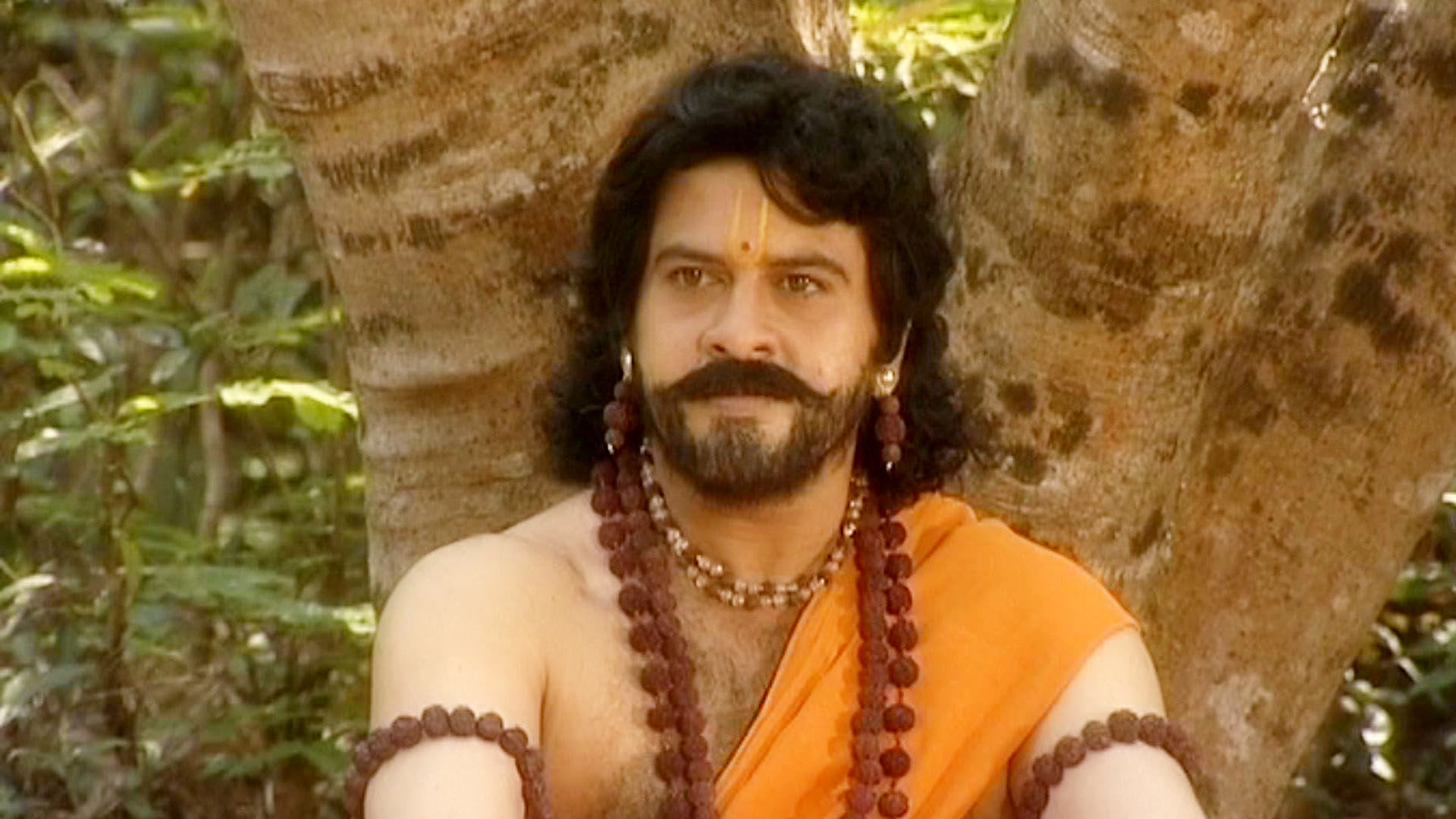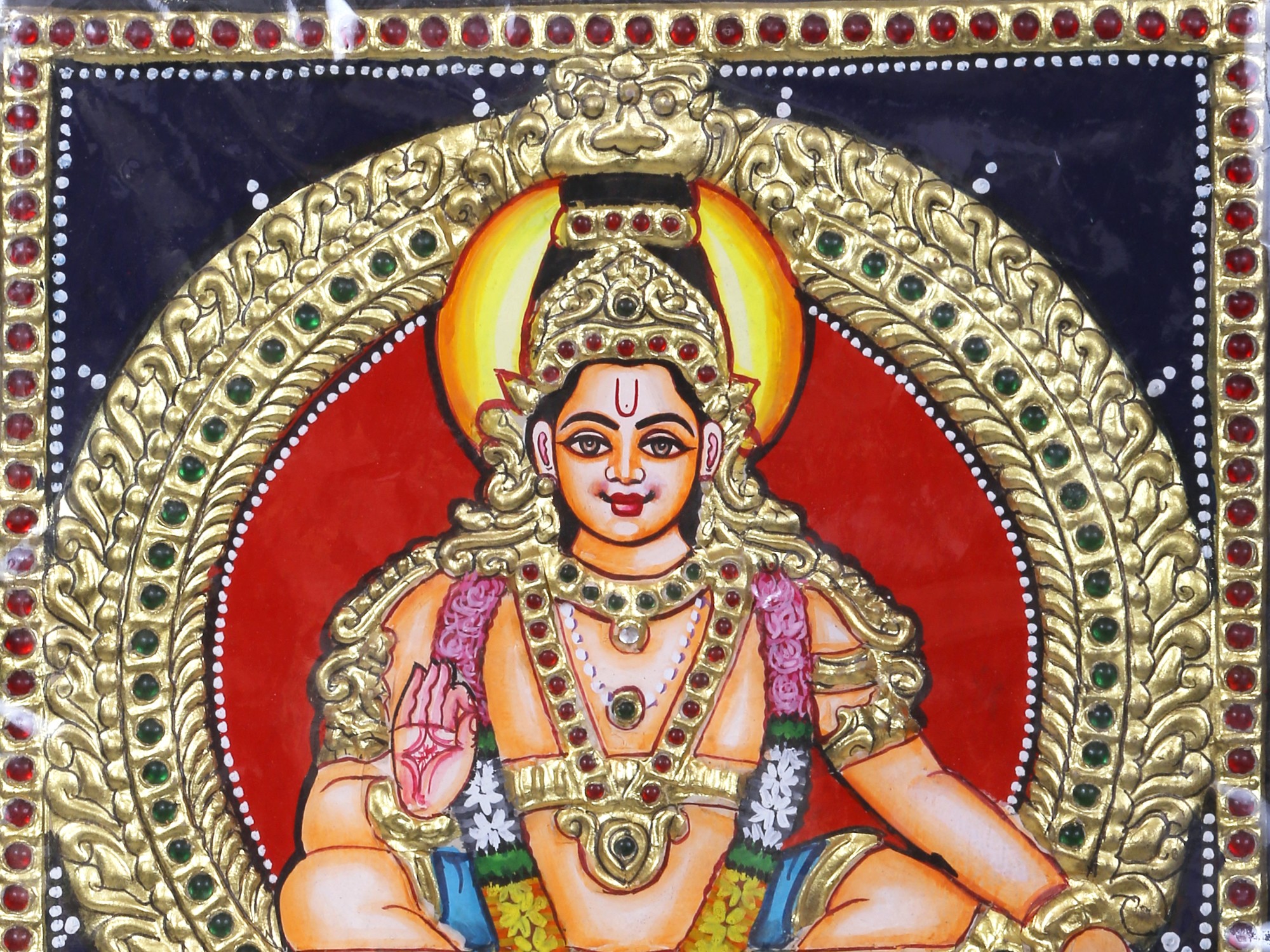AI-Generated Article
This content has been automatically generated using artificial intelligence technology. While we strive for accuracy, please verify important information independently.
For many people, particularly those in the southern parts of India, a very revered figure comes to mind when thinking about spiritual guidance and living a good life. This is Ayyappan, a Hindu deity whose story is quite special and whose principles really resonate with folks seeking a path of honesty and doing what is right. He is, you know, a central figure for countless individuals, offering a sense of direction and purpose, much like a steady boat might offer a reliable passage across waters.
This deity, sometimes called Dharmasastha or Manikandan, is often seen as the very picture of truth and what is fair. His tales are full of meaning, describing his birth and how he came to be a symbol against wrongdoing. People look to him for inspiration, finding comfort and strength in his story, which actually helps them in their daily lives to make choices that are honorable and just.
The essence of Ayyappan's message, you could say, is about living with integrity and upholding what is good. His presence, especially in places where he is worshipped, creates a feeling of shared belief and community, almost like a group of people moving together with a common goal, perhaps on a shared journey of faith, which is, you know, a rather powerful thing to experience.
Table of Contents
- Who is Ayyappan - A Divine Story?
- What Does "Manikandan" Mean for Ayyappan's Followers?
- Where is Ayyappan Most Revered?
- How Does Ayyappan Inspire Unity and Valor?
- Ayyappan's Essence - A Profile
- Why is Ayyappan Called Hariharan Puthiran?
- The Principles of Dharma Sasta
- The Story of Lord Ayyappa - A Powerful Narrative
Who is Ayyappan - A Divine Story?
Many people wonder about the background of Ayyappan, a figure so central to spiritual life for so many. He is, you know, often spoken of as Dharmasastha and also as Manikandan. In the stories passed down through generations, he is presented as a Hindu deity who stands for what is true and what is right. It is a rather interesting detail that, according to these spiritual stories, he is thought of as the child of Shiva and Mohini, which is, in a way, a very unique kind of parentage.
Ayyappan, or simply Ayyappa as he is also known, holds a special place in the hearts of those who follow Hindu traditions, especially in the southern parts of India. People there have a deep connection to him. He is believed to have come into being through a truly extraordinary joining of divine beings, a concept that really captures the imagination and shows his rather special place in the pantheon of revered figures.
A Divine Lineage - The Ayyappan Family's Spiritual Vessel
His story, you see, is not just about a single deity but about a whole spiritual lineage that, in a way, provides a kind of spiritual vessel for people's beliefs. Ayyappan is linked most often with the Sabarimala temple, a very well-known place of worship in the southern Indian state of Kerala. He is typically shown in a position of deep thought, a yogic posture, with a small bell around his neck, which is, you know, a rather distinct image.
This connection to his origins and his representation really helps people grasp the deeper meanings of his existence. The idea of his unique birth from Hari (Vishnu) and Haran (Shiva) makes him Hariharan Puthiran, a name that speaks volumes about his heritage. This lineage, in some respects, is like the sturdy frame of a family's cherished boat, carrying shared values and a sense of collective purpose through time.
What Does "Manikandan" Mean for Ayyappan's Followers?
There's a very common name for Ayyappan, which is Manikandan, and people often ask what that name means and why it's so important. This name came about, so the stories tell us, very soon after his birth. It is a name that really connects with his beginnings and, you know, gives a sense of his immediate identity in the world. It's a rather personal detail that many followers find quite touching.
The meaning behind Manikandan is quite significant for those who honor him. It points to a specific event in his very early existence, making it a name that carries a lot of history and meaning for his followers. This name, you see, is a key part of his story and helps people feel closer to him, almost as if they are sharing in a very intimate piece of his life's unfolding tale.
Embodying Principles - Ayyappan's Guiding "Yacht"
Ayyappan is, in a way, a living embodiment of certain very important ideas, and this is where the concept of his guiding "yacht" comes into play. He is often called the deity of Dharma Sasta, a name that suggests he brings to life the fundamental ideas of right conduct and justice. His existence, you know, serves as a powerful reminder of these principles, showing people how to live with goodness.
He is considered the very picture of truth and what is right, and people call upon him to help overcome what is bad. This role as a protector of good and a defeater of evil is, you know, a central part of his appeal. His teachings and his very being are like a reliable vessel, a kind of guiding "yacht" that helps people steer through life's trickier parts, keeping them on a path of integrity and moral strength.
Where is Ayyappan Most Revered?
Many people wonder where Ayyappan is most deeply honored and where his presence is felt most strongly. He is, you know, largely worshipped in Kerala, a state in India that holds him in very high regard. His divine beginnings and his very important part in Hindu customs mean that his story truly shows what unity and courage are all about. This makes him a central figure in the spiritual lives of many folks there.
The connection between Ayyappan and this specific region is very strong. It is almost as if the land itself recognizes his spiritual weight. His story, with its themes of coming together and bravery, speaks to the hearts of the people, making him a cherished and respected figure in their traditions. This geographical link, in some respects, highlights the widespread devotion he receives.
Sabarimala - A Sacred Destination on the Ayyappan Family's Journey
The sacred place of Sabarimala, located in Kerala, draws in countless people who seek to honor Ayyappan. This temple is, you know, a very significant spot for those who follow his path. It represents a journey, a kind of spiritual travel that many undertake with great dedication. It is, in a way, a very important stop on what you might call the Ayyappan family's shared spiritual passage.
This place is not just a building; it is a destination that holds immense spiritual weight. The act of going there is, for many, a deeply personal and transformative experience. It is a place where followers feel a very direct connection to Ayyappan, reinforcing the principles he stands for. This pilgrimage, you see, is a collective movement, a shared experience that strengthens the bonds of faith among those who participate, much like a group traveling together towards a meaningful goal.
How Does Ayyappan Inspire Unity and Valor?
It is often asked how Ayyappan manages to bring people together and instill a sense of bravery in them. He is, you know, seen as the deity of dharma, which means righteousness, and also of celibacy and truth. These qualities make him a very important figure in Hinduism, especially in the southern parts of India. His story, in a way, truly shows how these ideas can come to life and influence people.
The tales of Ayyappan are filled with instances where he demonstrates these virtues. His actions and his very nature serve as an example for people to follow, encouraging them to live with honesty and to stand up for what is right. This inspiration, you see, helps to create a sense of shared purpose among his followers, bringing them closer together through common beliefs and aspirations.
Dharma and Truth - The Ayyappan Family's Moral Compass
The principles of dharma and truth are, in essence, the very core of Ayyappan's message, serving as a kind of moral compass for his followers, a guiding light for what you might call the Ayyappan family's collective spiritual voyage. He is, you know, known as the child of Lord Shiva, a lineage that gives him a very powerful and unique standing. This divine parentage further emphasizes his role as a guide for ethical living.
His teachings are not just abstract ideas; they are practical guides for daily life, helping people to make good choices and to act with integrity. This focus on righteousness and honesty provides a clear direction, much like a reliable compass points the way for a boat at sea. It helps his followers to stay true to their values, ensuring their collective journey is one of purpose and moral strength, which is, you know, a very comforting thought for many.
Ayyappan's Essence - A Profile
To really get a sense of Ayyappan, it helps to look at some key details about who he is in the spiritual traditions. He is, you know, a figure with a very distinct identity, recognized by several names and known for particular qualities. This profile helps people to grasp his spiritual significance more fully, providing a clearer picture of his role.
He is a deity who embodies specific virtues, and his story is woven into the fabric of Hindu belief. Understanding these aspects gives a deeper appreciation for his place in the spiritual world. It's almost like putting together pieces of a puzzle to see the whole picture of a very important person.
| Aspect | Description from Lore |
|---|---|
| Common Names | Ayyappan, Ayyappa, Dharmasastha, Manikandan |
| Divine Parentage | Child of Shiva and Mohini (Vishnu in female form), also known as Hariharan Puthiran (son of Hari/Vishnu and Haran/Shiva) |
| Core Principles | Truth, Righteousness, Dharma, Celibacy |
| Primary Worship Location | Sabarimala Temple in Kerala, South India |
| Iconic Depiction | Often in a yogic posture, with a bell around his neck |
| Role | Invoked to defeat evil, embodiment of dharma sasta, symbol of unity and valor |
These details, you see, help to paint a picture of Ayyappan's essence. They show his unique origins and the very important ideas he represents. For followers, knowing these facts helps to strengthen their connection to him, making his story even more meaningful in their lives. It's, you know, a rather complete spiritual portrait.
Why is Ayyappan Called Hariharan Puthiran?
A very common question that comes up is why Ayyappan carries the name Hariharan Puthiran. This name, you know, has a very special meaning, pointing directly to his divine beginnings. It is a way of recognizing his unique lineage and the powerful forces that came together to bring him into being. This particular name really sets him apart.
The term "Hariharan Puthiran" literally means the child of both Hari and Haran. Hari refers to Vishnu, and Haran refers to Shiva, or Shankaranarayana. This name, you see, speaks to the extraordinary union of these two major deities. It is a profound aspect of his identity, showing that he embodies the qualities of both Vishnu and Shiva, which is, you know, a rather powerful combination.
The Union of Deities - Ayyappan's Unique Heritage
His birth, then, is described as coming from the joining of Lord Shiva and the form of Lord Vishnu known as Mohini. This union of deities is, in a way, a very central part of Ayyappan's story, giving him a truly unique heritage. It is not just a simple birth but a cosmic event that highlights his special place among the divine figures. This background, you know, makes him a figure of immense spiritual significance.
This heritage, you could say, is like the very strong foundation of a family's special vessel, giving it stability and a unique character. Ayyappa is, in fact, a very popular Hindu deity, worshipped mainly in the southern parts of India. His being called ‘Hariharan Puthiran’ truly signifies his dual divine parentage, a concept that resonates deeply with his followers and reinforces his role as a unifying figure. It's, you know, a rather compelling aspect of his lore.
The Principles of Dharma Sasta
Ayyappan is often spoken of as the deity of Dharma Sasta, and this connection is very important for understanding his role and what he represents. This title means that he brings to life the very ideas of right conduct and ethical living. He is, you know, a symbol of how one should behave in the world, showing people the path of goodness and fairness.
The principles associated with Dharma Sasta are not just abstract concepts; they are practical guides for living a life that is honest and just. Ayyappan, through his stories and his very being, provides a clear example of these principles in action. This guidance is, in a way, a very comforting presence for those who seek to live by high moral standards.
Upholding Righteousness - The Ayyappan Family's Shared Path
He is, you see, considered the very best example of dharma, truth, and what is right. This means he is the ideal for upholding righteousness, guiding what you might call the Ayyappan family's shared path. His teachings are like a clear map, helping people to navigate the complexities of life with integrity. This guidance, you know, is truly valued by his followers.
His role is to inspire people to live with honesty and to act in ways that are fair and just. This collective pursuit of righteousness creates a strong sense of community among those who follow him, almost like a group moving forward together with a common, noble aim. It is, you know, a rather powerful way to bring people together, all striving for a common good, much like a group of people on a shared spiritual voyage.
The Story of Lord Ayyappa - A Powerful Narrative
The story of Lord Ayyappa is, you know, a very powerful tale, one that is cherished by many who worship him in southern India. He is honored as the divine child of Lord Vishnu and Lord Shiva, a detail that gives his narrative a very special kind of weight and significance. This tale is not just a simple account; it is full of meaning and spiritual lessons.
His sacred temple in Sabarimala, located in Kerala, attracts countless people. This place is, you see, a very important destination for those who seek to connect with him. The journey to this temple is, for many, a very significant spiritual undertaking, a pilgrimage that reinforces their beliefs and strengthens their connection to the deity. It is, in a way, a very tangible expression of their devotion.
According to the spiritual stories, he is described as the child of Shiva and Mohini, a detail that is central to his unique origin. He is often called the deity of Dharma Sasta, a name that suggests he brings to life the principles of right conduct. His most common name, Manikandan, came about very soon after his birth, connecting him to his earliest moments. His divine origins and his very important part in Hindu customs mean that Ayyappan’s story truly shows what unity and courage are all about, which is, you know, a rather inspiring thought for many.
🖼️ Related Images



Quick AI Summary
This AI-generated article covers Ayyappan's Divine Path - Truth And Righteousness with comprehensive insights and detailed analysis. The content is designed to provide valuable information while maintaining readability and engagement.
Lisette Graham
✍️ Article Author
👨💻 Lisette Graham is a passionate writer and content creator who specializes in creating engaging and informative articles. With expertise in various topics, they bring valuable insights and practical knowledge to every piece of content.
📬 Follow Lisette Graham
Stay updated with the latest articles and insights